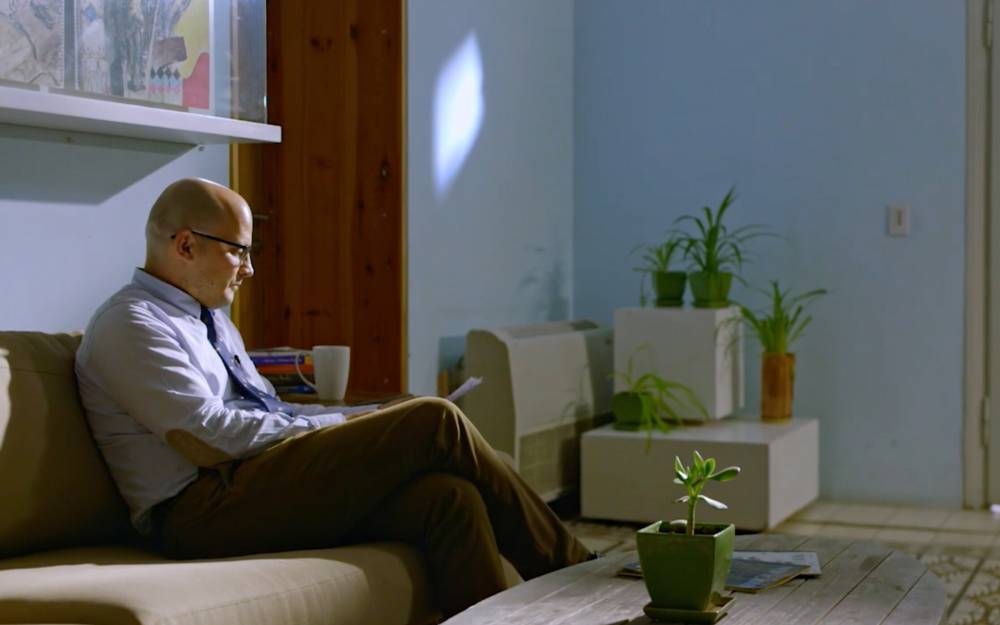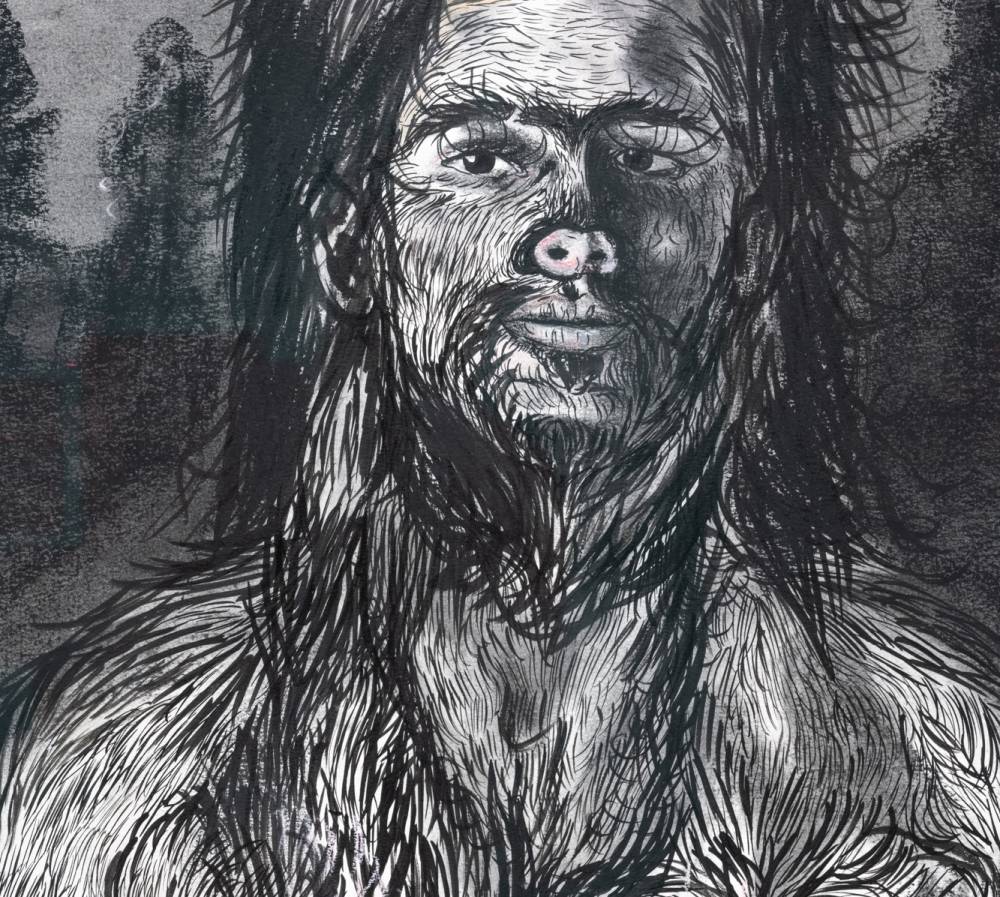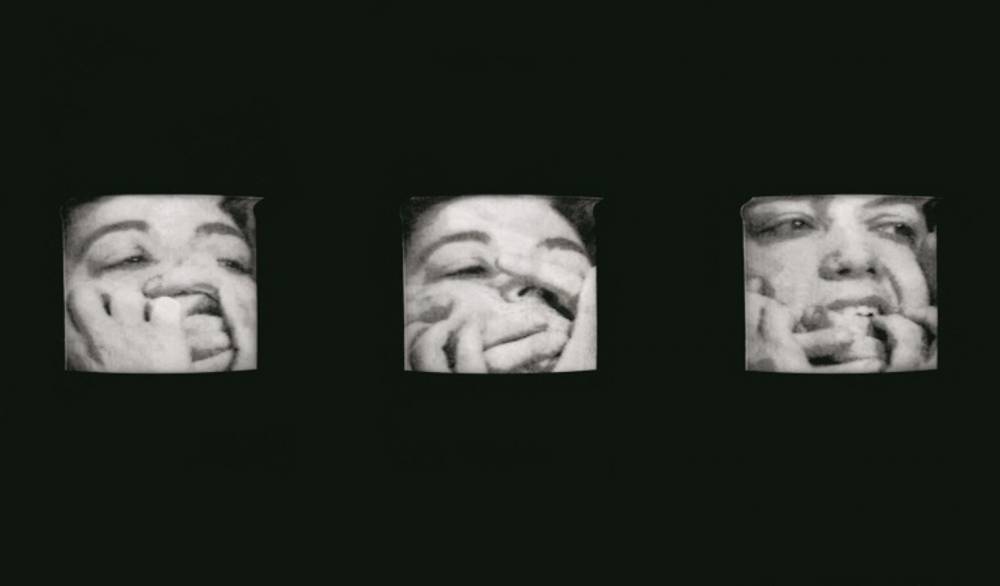A journal for storytelling, arguments, and discovery through tangential conversations.
Tuesday, April 8, 2025
|
Tammer El-Sheikh
Muhammad Nour Elkhairy is a Palestinian filmmaker, video artist, and film programmer from Jordan, currently based in Tio'tia:ke (Montréal). He holds an MFA in Studio Arts: Film Production from Concordia University. His experimental fiction and non-fiction video works are concerned with the legacies of colonial, political, and economic power in and beyond Palestine. Elkhairy’s work has been shown in several international film festivals and art galleries. Several years ago, I wrote about Elkhairy's video work I would like to visit (2017) for an article in Canadian Art on new directions in conceptualism. We discussed that work a little in the interview that follows. But when we sat down to chat, I was especially interested in hearing about his more recent works – works on Palestine, film culture in the Arab world, and the best-known Arab actor in the West, Omar Sharif (1932 – 2015). I learned about the last of these, two works titled Omar and Lawrence and Omar, What’s Good? in conversation with the painter Amanda Boulos as I was preparing an earlier essay for this Editorial Residency. Like Boulos, El-Khairy makes a needed and buoying contribution to the unfolding history of diasporic Palestinian art.

Wednesday, January 8, 2025
|
Tammer El-Sheikh
I spent a few days at Columbia University’s Rare Books and Manuscripts Library with the collected papers and correspondence of the late Palestinian-American literary scholar Edward Said (1935 – 2003). An errant scrap fell from one of the files. On it, Said made a list with the names of two of his love interests, and the costs and benefits of pursuing those relationships. One was white, and the other with ties to the Middle East. ‘Fitting-in’ with Said’s Anglo-Saxon academic set, on the one hand, and with his network of Palestinian and Lebanese colleagues, family, and friends on the other hand, was the main concern, as I recall. I didn’t photograph it so I can’t be sure. It seemed irrelevant, an odd bit of archival gossip, or worse, a diminishing look at the merely pragmatic reasoning of a giant of 20th century thought. But looking back on this intrusion of Said’s private, romantic life into the record of his professional one, that little piece of paper has steered my sense of his work as a critic of Orientalism in literature, policy, film, and occasionally art. His anxious exercise in family planning resonates with writing on the “affiliative bonds” amongst European and American experts on the Arab-Islamic world – on the way in which those bonds have constituted something like the authority of family relationships for white authors who regard the minds, customs, and bodies of Arabs as essentially, or “ontologically and epistemologically” distinct from those of Europeans.

Thursday, September 26, 2024
|
Tammer El-Sheikh
The Belleville Club at 210 Pinnacle St. is closed, but I’m two weeks late for S’s celebration of life here anyway. I found a dive bar around the corner to sit down and get this started. There’s a small pile of thick dust beside my tall glass of Coke, but the spill on the first table I tried was still tacky, so I think I made the right choice. I wonder if S was ever here. I wonder how many times he walked across one of Belleville’s old bridges or posted up underneath them for teenage misadventures. He grew up in this town, and he’s probably buried here too. Had I arrived on time I would know, but I’m bad at this. I’m not sure how to mourn, but my attempt is permitted at this table.

Monday, May 13, 2024
|
Tammer El-Sheikh
I was pleased to hear that the incision would run from one side of my neck to the other, following a natural wrinkle. The original plan was to begin a descending cut under one ear for several inches, then proceed across the neck and back up to the other ear – a “horseshoe incision” that wouldn’t age as well. In any case, I was facing a bilateral neck dissection to remove a large malignant tumor on my thyroid and an unknown but significant number of affected lymph nodes in the area. To my relief, this was a curative operation with a high rate of success and a prognosis for a statistically “normal life,” which, during the first several months post-op, felt anything but normal. My old voice was gone, and I didn’t know what to make of the new one. Although vocal paralysis is a risk in a total thyroidectomy, I had avoided this fate thanks to sophisticated nerve-monitoring gadgetry, but I emerged from the operation with a kind of breathy cookie-monster voice that, two years on, has settled somewhere in the vicinity of a fashionable vocal fry.
